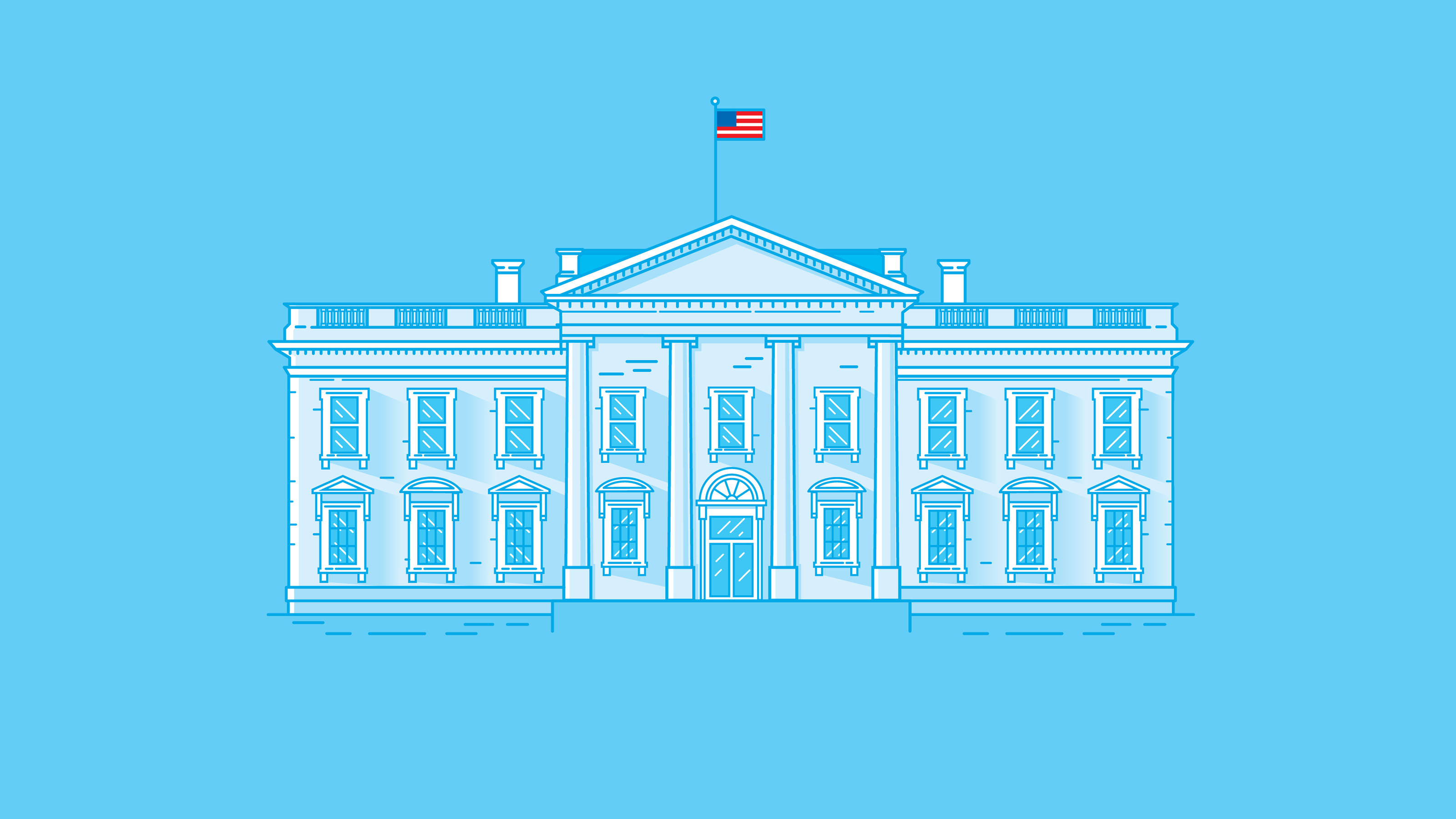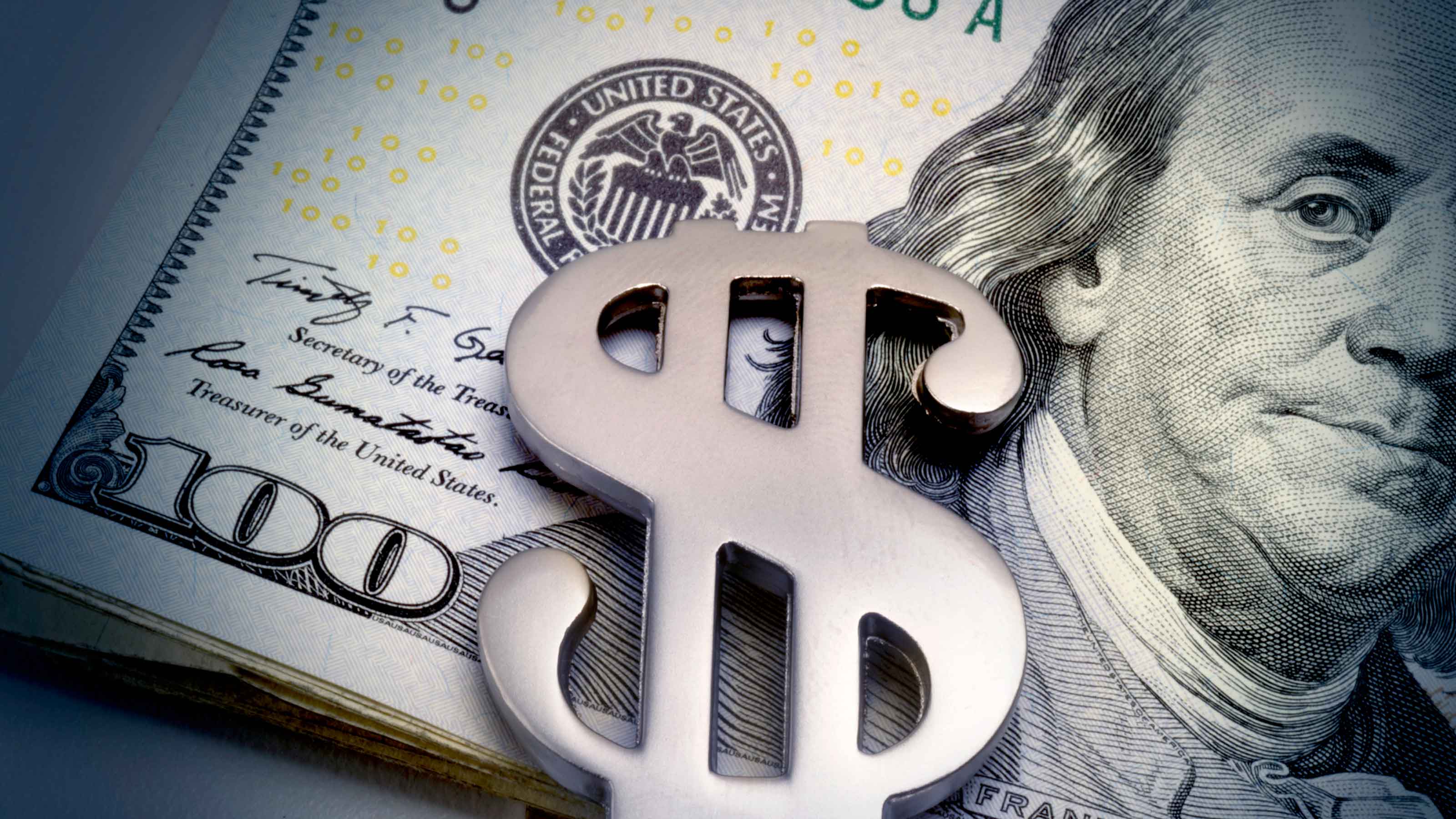Tapping Truly Emerging Markets
The new T. Rowe Price Africa & Middle East fund gives investors access to stock exchanges that only recently opened to foreign investors.
Profit and prosper with the best of Kiplinger's advice on investing, taxes, retirement, personal finance and much more. Delivered daily. Enter your email in the box and click Sign Me Up.
You are now subscribed
Your newsletter sign-up was successful
Want to add more newsletters?

Delivered daily
Kiplinger Today
Profit and prosper with the best of Kiplinger's advice on investing, taxes, retirement, personal finance and much more delivered daily. Smart money moves start here.

Sent five days a week
Kiplinger A Step Ahead
Get practical help to make better financial decisions in your everyday life, from spending to savings on top deals.

Delivered daily
Kiplinger Closing Bell
Get today's biggest financial and investing headlines delivered to your inbox every day the U.S. stock market is open.

Sent twice a week
Kiplinger Adviser Intel
Financial pros across the country share best practices and fresh tactics to preserve and grow your wealth.

Delivered weekly
Kiplinger Tax Tips
Trim your federal and state tax bills with practical tax-planning and tax-cutting strategies.

Sent twice a week
Kiplinger Retirement Tips
Your twice-a-week guide to planning and enjoying a financially secure and richly rewarding retirement

Sent bimonthly.
Kiplinger Adviser Angle
Insights for advisers, wealth managers and other financial professionals.

Sent twice a week
Kiplinger Investing Weekly
Your twice-a-week roundup of promising stocks, funds, companies and industries you should consider, ones you should avoid, and why.

Sent weekly for six weeks
Kiplinger Invest for Retirement
Your step-by-step six-part series on how to invest for retirement, from devising a successful strategy to exactly which investments to choose.
It's been hard to go wrong investing in emerging markets in recent years. Chris Alderson, lead manager of T. Rowe Price Emerging Markets Stock (symbol PRMSX), a Kiplinger 25 member, has made the most of this bull run.
His fund returned a sizzling 62% in the year through October 24, six points better than the MSCI Emerging Markets Index -- the most common benchmark for funds that invest in developing countries Korea, Taiwan, Russia and Brazil. Over the past five years, he's returned an annualized 40%, an average of four percentage points per year ahead of the benchmark.
So now he's turning to relatively virgin markets with T. Rowe Price Africa & Middle East (TRAMX), which launched in September and gained 10% in its first month. "This represents the last frontier," says Alderson.
From just $107.88 $24.99 for Kiplinger Personal Finance
Become a smarter, better informed investor. Subscribe from just $107.88 $24.99, plus get up to 4 Special Issues

Sign up for Kiplinger’s Free Newsletters
Profit and prosper with the best of expert advice on investing, taxes, retirement, personal finance and more - straight to your e-mail.
Profit and prosper with the best of expert advice - straight to your e-mail.
You don't want to put your life savings in such a narrow and essentially untried geographic sector, but there are quite a few intriguing aspects to this new fund.
Stock exchanges in Africa and the Middle East, only recently opened to foreign investors, are under-researched and under-discovered (Alderson says that on average only one analyst covers a stock). That creates stock inefficiencies and fine opportunities for shrewd investors. The correlation with the U.S. stock market is a remarkably low 10% at a time when most international markets have been moving closely in sync with the U.S.
Gulf States such as the United Arab Emirates, Qatar and Oman are drowning in new oil and gas wealth from petroleum selling for more than $80 a barrel. Oil is a state-owned industry, but Alderson says asset prices, including stocks, are destined to rise.
That's because most of these countries peg their currencies to the dollar but run higher inflation rates than the U.S. does. That creates the negative real interest rates (inflation higher than stated interest rates), and that's conducive to asset inflation.
Examples of Alderson's holdings are Bank Muscat, which has a 42% share of financial services in Oman, and Orascom Construction Industries of Egypt, which is the largest contractor in the Middle East. (Africa & Middle East fund does not invest in Israeli stocks, which are instead held in T. Rowe Price Emerging Europe and Mediterranean, also managed by Alderson.)
Strong commodity prices, from oil in Nigeria to gold, platinum and diamonds in South Africa, are also driving African economies. As a continent, Alderson says, Africa has grown by a respectable 6% annually over the past five years.
Africa & Middle East requires a $2,500 initial minimum investment. Anticipated annual expenses of 1.75% are on the high side but are not surprising given the exotic fare in which the fund invests. The fund does not levy a sales charge, but there's a 2% redemption fee on shares held 90 days or less.
Profit and prosper with the best of Kiplinger's advice on investing, taxes, retirement, personal finance and much more. Delivered daily. Enter your email in the box and click Sign Me Up.
Andrew Tanzer is an editorial consultant and investment writer. After working as a journalist for 25 years at magazines that included Forbes and Kiplinger’s Personal Finance, he served as a senior research analyst and investment writer at a leading New York-based financial advisor. Andrew currently writes for several large hedge and mutual funds, private wealth advisors, and a major bank. He earned a BA in East Asian Studies from Wesleyan University, an MS in Journalism from the Columbia Graduate School of Journalism, and holds both CFA and CFP® designations.
-
 5 Vince Lombardi Quotes Retirees Should Live By
5 Vince Lombardi Quotes Retirees Should Live ByThe iconic football coach's philosophy can help retirees win at the game of life.
-
 The $200,000 Olympic 'Pension' is a Retirement Game-Changer for Team USA
The $200,000 Olympic 'Pension' is a Retirement Game-Changer for Team USAThe donation by financier Ross Stevens is meant to be a "retirement program" for Team USA Olympic and Paralympic athletes.
-
 10 Cheapest Places to Live in Colorado
10 Cheapest Places to Live in ColoradoProperty Tax Looking for a cozy cabin near the slopes? These Colorado counties combine reasonable house prices with the state's lowest property tax bills.
-
 White House Probes Tracking Tech That Monitors Workers’ Productivity: Kiplinger Economic Forecasts
White House Probes Tracking Tech That Monitors Workers’ Productivity: Kiplinger Economic ForecastsEconomic Forecasts White House probes tracking tech that monitors workers’ productivity: Kiplinger Economic Forecasts
-
 The 5 Best Actively Managed Fidelity Funds to Buy and Hold
The 5 Best Actively Managed Fidelity Funds to Buy and Holdmutual funds Sometimes it's best to leave the driving to the pros – and these actively managed Fidelity funds do just that, at low costs to boot.
-
 The 12 Best Bear Market ETFs to Buy Now
The 12 Best Bear Market ETFs to Buy NowETFs Investors who are fearful about the more uncertainty in the new year can find plenty of protection among these bear market ETFs.
-
 Investing in Emerging Markets Still Holds Promise
Investing in Emerging Markets Still Holds PromiseEmerging markets have been hit hard in recent years, but investors should consider their long runway for potential growth.
-
 Don't Give Up on the Eurozone
Don't Give Up on the Eurozonemutual funds As Europe’s economy (and stock markets) wobble, Janus Henderson European Focus Fund (HFETX) keeps its footing with a focus on large Europe-based multinationals.
-
 Stocks: Winners and Losers from the Strong Dollar
Stocks: Winners and Losers from the Strong DollarForeign Stocks & Emerging Markets The greenback’s rise may hurt companies with a global footprint, but benefit those that depend on imports.
-
 Vanguard Global ESG Select Stock Profits from ESG Leaders
Vanguard Global ESG Select Stock Profits from ESG Leadersmutual funds Vanguard Global ESG Select Stock (VEIGX) favors firms with high standards for their businesses.
-
 Kip ETF 20: What's In, What's Out and Why
Kip ETF 20: What's In, What's Out and WhyKip ETF 20 The broad market has taken a major hit so far in 2022, sparking some tactical changes to Kiplinger's lineup of the best low-cost ETFs.